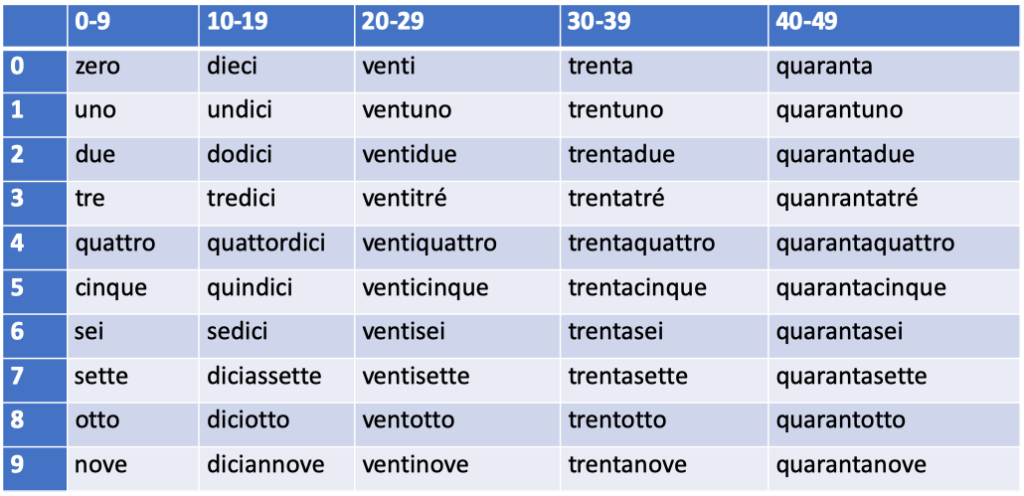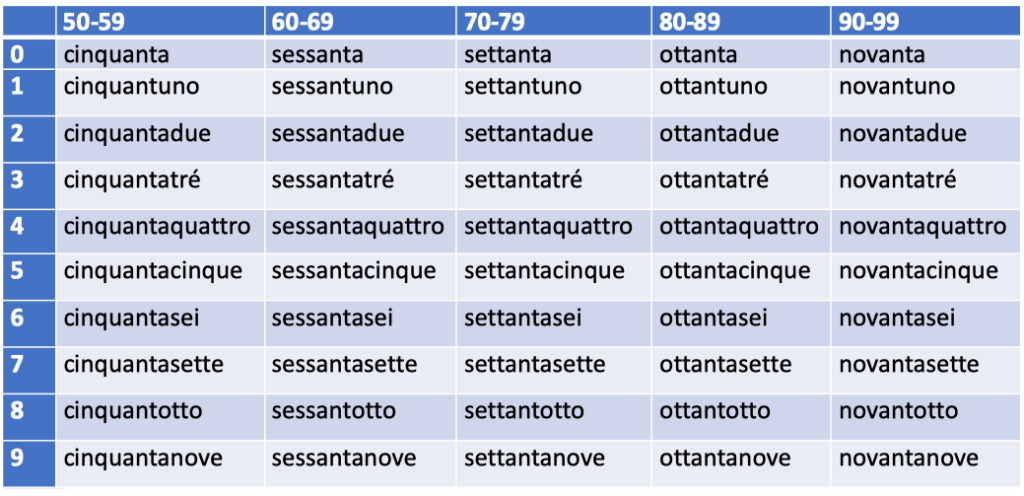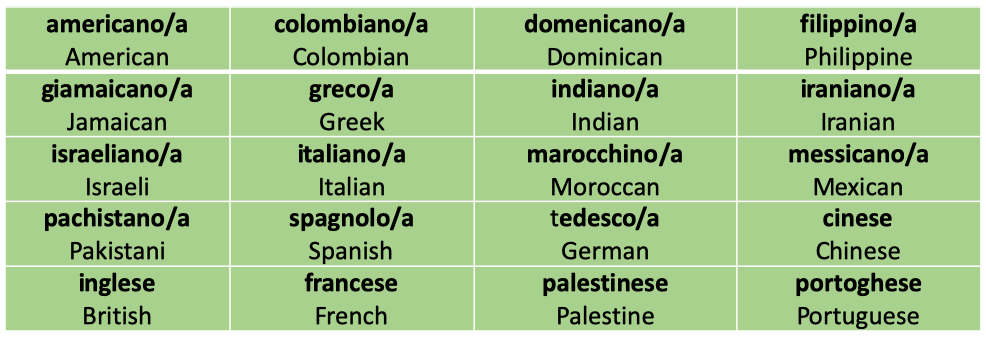Hi! Let me introduce myself
Italians are sociable people who like talking. The first thing you need to know is how to introduce yourself. First of all, smile because you want to appear friendly and easy going. Then tell your name and where you are from: Italians love America.
| Listen to the following presentations.
Ciao. Io mi chiamo Marco.
Ciao. Mi chiamo Maria.
Ciao.
Ciao. Io mi chiamo John. |
As you can see, in Italian, the subject pronoun (io = I, in this case) can be easily omitted. So Io mi chiamo … can be replaced by Mi chiamo …, Io sono … by Sono …, and so on. Unlike in English io is never capitalized unless it begins a sentence.
Listen to how to pronounce the following Italian words and phrases (in bold):
- Io mi chiamo… This is a fixed expression and it means ‘My name is….‘ You must memorize it as it is. Do not try to translate it literally from English
- Io sono … is obviously the equivalent of the English ‘I am…‘ and like in English can also be used to say who you are: Io sono Marco ‘I am Marco‘; Io sono Isabelle ‘I am Isabelle‘
- Ho + ‘number‘ + anni it used in Italian to express the age
- Sono + di + ‘name of a city or town‘ indicates the city or town of origin and it means ‘I am from + name of a city or town‘
- Abito ‘I live,‘ studio ‘I study,‘ lavoro ‘I work‘
- E is the equivalent of the English ‘and‘. It can also be written as ed when the following word starts with a vowel or with the letter ‘h’: Io lavoro e/ed abito a Roma; Mi chiamo Anna e/ed ho 15 anni
| Nationalities There aren’t any special rules to create adjectives of nationality. Usually, they come from the same word as the country: Italia > italiano, America > americano, Inghilterra > inglese etc. One exception is for Germania > tedesco. To practice on vocabulary and pronunciation, use Quizlet.
|
| Numbers (0-49) To practice on vocabulary and pronunciation, use Quizlet.  Numbers (50-99 and above) To practice on vocabulary and pronunciation, use Quizlet.   [Relax and enjoy Numbers 0-20 and Numbers 20-100 with Passione Italiana] [Relax and enjoy Numbers 0-20 and Numbers 20-100 with Passione Italiana] |
| GRAMMAR Singular adjectives of nationality
Note: When writing numbers, in Italian the function of periods and commas is reversed. Therefore you write 1.000 (mille) for “one thousand” and 1,5 (uno virgola cinque) for “one point five”. |
Tasks
|
Practice
Previous > Pronunciation 4: The stress
Next > E tu?




